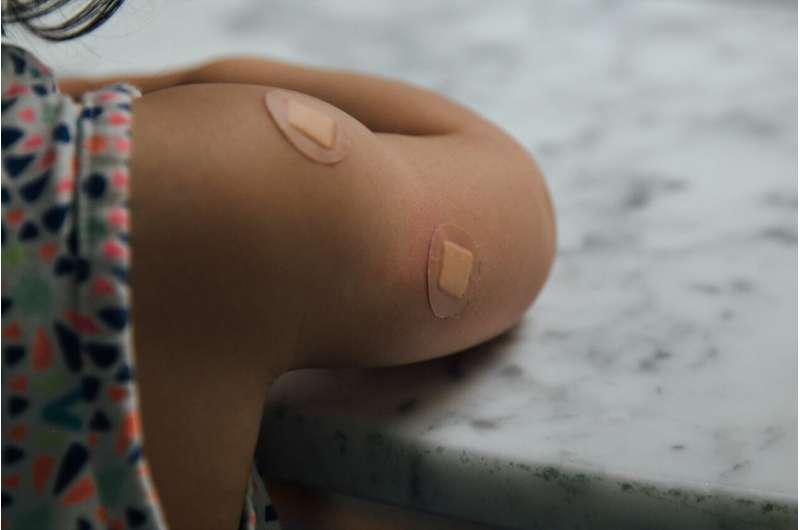BioNTech-Pfizer pledges up to 75 mn more jabs to EU

BioNTech and Pfizer said Monday they will ramp up their coronavirus vaccine deliveries to the European Union, pledging to send up to 75 million extra doses to the bloc in the spring.
"Pfizer and BioNTech continue to work toward increased deliveries beginning the week of February 15, ensuring we will supply the full quantity of vaccine doses in the first quarter we contractually committed to and up to an additional 75 million doses to the European Union in the second quarter," they said in a statement.
The EU has ordered a total of 600 million doses of their Comirnaty vaccine.
The statement came hours ahead of a national conference called by Chancellor Angela Merkel with vaccine manufacturers amid growing anger over the bloc's sluggish inoculation campaign.
BioNTech and Pfizer, which will take part in the meeting, said that improvements in their production capabilities would allow them to speed up supplies.
These included the completion of modifications at Pfizer's plant in Puurs, Belgium. "Now, we are back to the original schedule of vaccine dose deliveries," they said.
BioNTech's manufacturing site in the German city of Marburg has meanwhile received a licence to start production this month, as the companies have expanded their network of European supply partners to 13.
"We're further strengthening this network, and are now in discussions with additional qualified partners on potential new agreements," they said.
Their announcement in mid-January that they would delay shipments of the jabs due to the necessary modifications at the Puurs factory sparked ire across the bloc.
Germany at the time urged the European Commission—which undertook joint procurement for the bloc—to "seek clarity and certainty" for upcoming shipments.
And six northern EU nations warned in a letter to the Commission that the "unacceptable" situation "decreases the credibility of the vaccination process".
The news was followed last week by an announcement from British-Swedish company AstraZeneca that it could deliver only a quarter of the doses originally promised to the bloc this winter because of problems at one of its European factories.
In the face of a political firestorm, European Commission chief Ursula von der Leyen said Sunday that AstraZeneca had now agreed to increase its coronavirus vaccine deliveries to the EU by 30 percent.
An EU source said the first deliveries would start in the second week of February.
© 2021 AFP




















